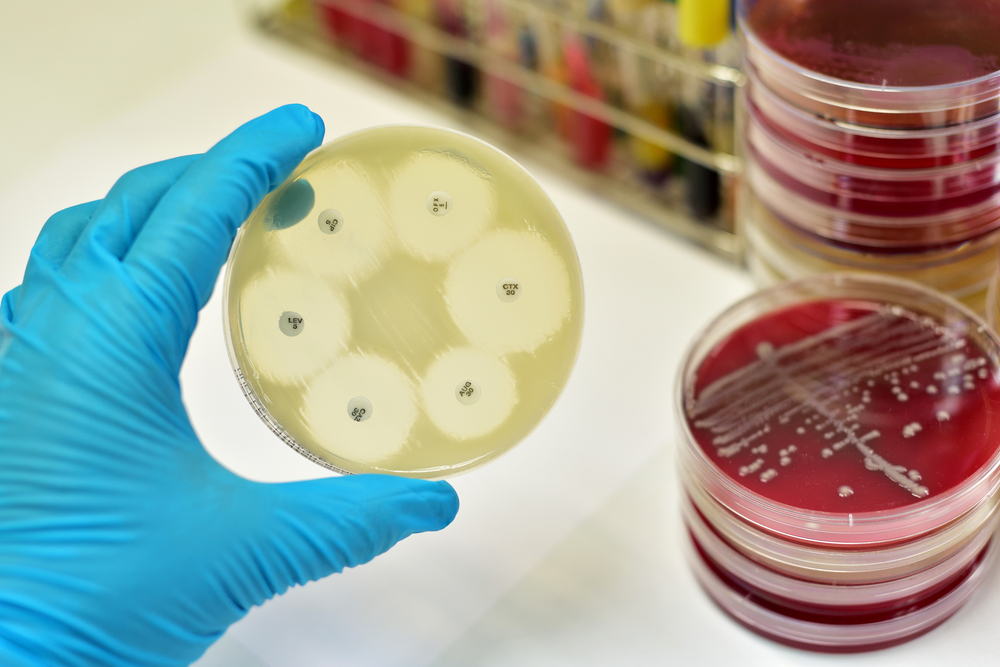Antimicrobial resistance, or AMR, is the ability of a microbe to resist the effects of medication previously used to treat them.
The workshop was attended by National Department of Health, Provincial Hospitals around PNG, the World Health Organisation, Australian Government, NAQIA, World Vision and other government and non-government organisations.
Executive Manager of the Medical Standards Division for the national Department of health, Dr Goa Tau, at the workshop, stressed that the National Plan was extremely important for the country to address an emerging global and national threat to public health and security.
He said that in response to this emerging global threat, the world health assembly in 2015 resolved for WHO to develop a global AMR Action Plan, and support member states to develop action plans to address AMR.
The global plans are based on 5 strategic objectives to combat AMR:
1. Establish and ensure governance, sustainable investment and actions to combat antimicrobial resistance.
2. Improve awareness and understanding of AMR through effective communication and training.
3. Strengthen surveillance and research on AMR.
4. Strengthen Sanitation, hygiene and infection preventions across all sectors.
5. Strengthen appropriate access and optimize the use of antimicrobial medicines in human and animal health.
Dr Tau said that they had a deadline on February 2017 to finalize the AMR Action plan 2017.


